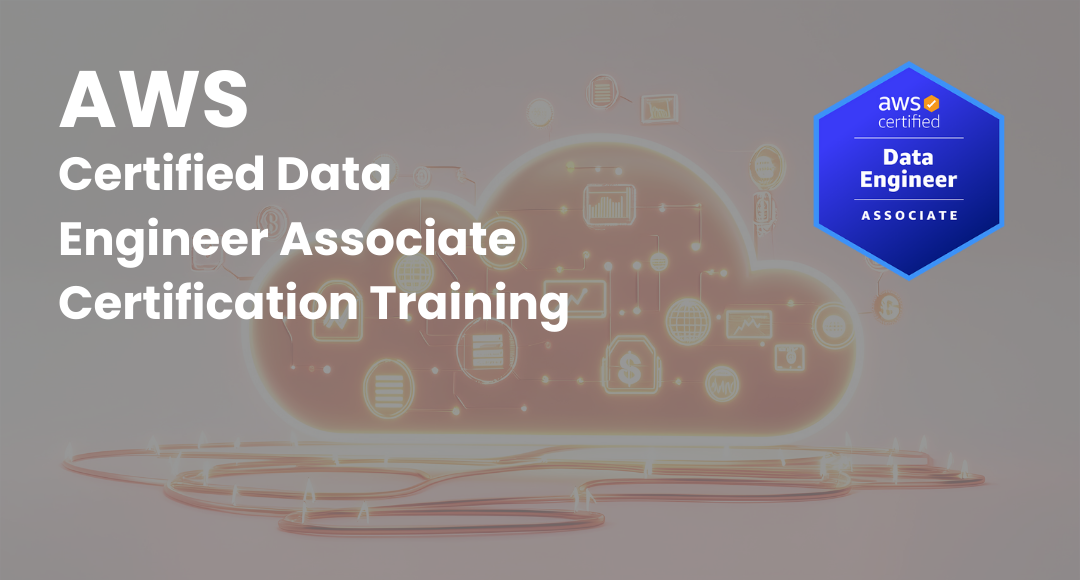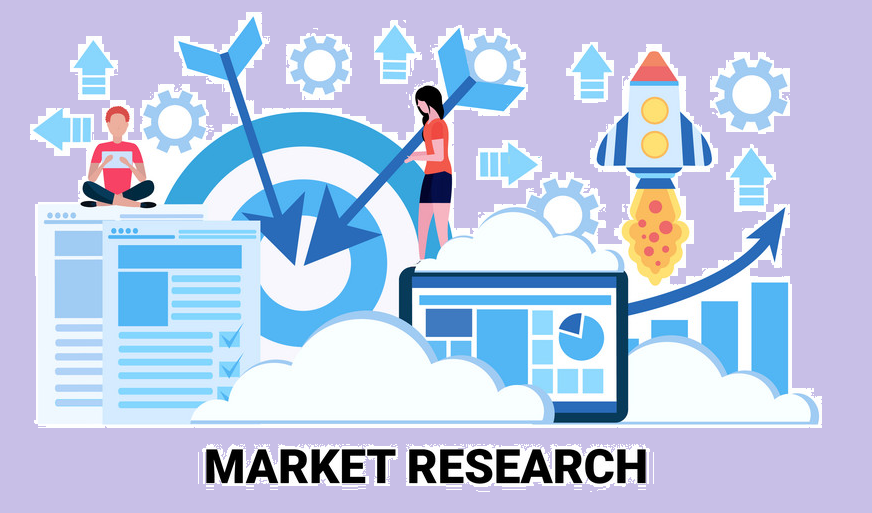Tips and Best Practices for Data Breaches in Cloud Computing
-
 By Sushmith
By Sushmith - Published on Oct 21 2024

Want is a Data Breach?
A data breach occurs when unauthorized individuals gain access to sensitive data. The rise in the applications of cloud services has also led us towards the rise in the set of challenges and here we have to deal with some vulnerability.
Data Breaches in Cloud Computing have become common nowadays. Not that they do not have any impact. It is about how you tackle these challenges to outsmart these breaches.
It surly does a lot of damage like, put the owner of the data in constant threat, make the company endure loses; lose customer/client trust, and many more to speak. But why are they generalized? Apart from that, how are these big companies and businesses keeping up with all those challenges and finding a way to fight them?
In this article, we will be discussing in depth about the data breaches in cloud computing by understanding what constitutes a data breach, how it happens, and how to prevent breaches from happening! Let’s start with basics.
Table of Contents
- What is a Data Breach in Cloud Computing?
- The Impact of Data Breaches in Cloud Computing
- How to Prevent Data Breaches in Cloud Computing? Best Practices
- Minimizing Risks after a Data Breach in Cloud
- Cloud Security Tools and Solutions for Breach Prevention
- The Role of Cloud Providers in Data Security
- Conclusion
What is a Data Breach in Cloud Computing?
Data breaches in cloud computing occurs through channels when attackers exploit vulnerabilities in the cloud infrastructure gaining unauthorized access. This occurs due to poorly configured settings or outdated security measures. Other such vulnerable entry points can include:

- Misconfiguration: Incorrect settings can inadvertently expose data to the public or unauthorized users.
- Inadequate access controls: Weak authentication processes can leave doors open for attackers.
- Phishing attacks: These targeted scams often aim to compromise cloud service accounts.
- Insider threats: Employees or contractors can pose risks through negligence or intentional misconduct.
The Impact of Data Breaches in Cloud Computing
Data breaches can have serve severe consequences. High-profile breaches, such as the Capital One incident, where the data of over 100 million customers was exposed, gives us an example of the seriousness in the consequences of cloud data breaches.
These breaches often lead to:
- Financial Losses
- Reputation Damage
- Regulatory Consequences.
The result of a data breach in cloud computing is not exclusively limited to just the “Demanding Money” incidents. Companies also face long-term reputational damage, loss of customer/client trust, and a sharp decline in market value. Rebuilding this trust can take years of hard work and huge amounts of investment in security measures and public relations efforts.
How to Prevent Data Breaches in Cloud Computing? Best Practices

1. Importance of Data Encryption
Encrypting both, in-transit and at-rest is the key in securing Sensitive Information. In-transit encryption protects data as it moves between the user and the cloud, while At-rest encryption secures stored data. This makes the data unreadable making it inaccessible without the proper decryption keys. This makes the breachers to create Data Breaches in Cloud Computing.
2. Implementing Strong Access Controls with MFA
Risk of unauthorized access to cloud resources often occurs due to poor cloud access controls wand infrastructures. Multi-Factor Authentication (MFA) adds an extra layer of security. This significantly reduces the likelihood of breaches, even if a user’s credentials are compromised.
3. Conducting Regular Cloud Security Audits
Security audits and penetration testing are often under considered. But doing it otherwise helps in identifying vulnerabilities in your cloud environment. Security audit is a comprehensive review documentation of security policies, controls, and configurations, while penetration testing captures real-world attacks to study vulnerabilities.
4. Segmentation of Data to Minimize Exposure
Data segmentation is a process where sensitive information is isolated within the dedicated environments. This strategy limits exposure Data Breaches in Cloud Computing. Even if one part of the system is compromised, the attacker does not gain access to all sensitive data. Segmentation also helps organizations control data flow.
5. Strong Configuration of Cloud and Monitoring Services
Maintaining a secured cloud configuration is a must. Organizations should regularly review and adjust cloud service settings and align them with top security best practices. Additionally, continuous monitoring of configurations help identify unauthorized misconfigurations. Automated tools provide alerts and insights into configuration compliance.
Minimizing Risks after a Data Breach in Cloud
- Incident response plans:
Having a well-defined incident response plan enables organizations to respond quickly and effectively to data breaches, minimizing potential damage.
- Data backup and recovery plans
Implementing robust data backup and recovery solutions ensures business continuity even in the event of a breach.
- Forensic investigation to identify the breach source
Conducting a thorough investigation post-breach helps organizations understand the cause and prevent future incidents.
- Communication strategies with stakeholders, post-breach
Transparent communication with stakeholders and customers is crucial following a breach. Keeping them informed helps rebuild trust and manage reputational damage.
Cloud Security Tools and Solutions for Breach Prevention
Utilizing tools like CASBs and IAM solutions can provide enhanced visibility and control over cloud security, while encryption platforms protect sensitive data. AI and machine learning are increasingly being used to detect anomalies and potential threats in real time, allowing for faster response times to prevent data breaches in cloud computing. Real-time monitoring tools offer insights into system performance and security, enabling organizations to proactively manage risks.
The Role of Cloud Providers in Data Security
Shared responsibility model:
* Understanding the shared responsibility model is essential; while CSPs secure the underlying infrastructure, users are responsible for securing their applications and data.
* Engaging with your cloud provider about their security protocols and measures can help ensure that your data is adequately protected.
* Selecting providers that comply with industry standards like ISO 27001 and GDPR enhances data protection and ensures that best practices are being followed.
Conclusion
A proactive approach to preventing data breaches in cloud computing is a mandatory precaution for organizations leveraging cloud computing. By adopting best practices, employing effective tools, and staying informed about emerging threats, businesses can significantly reduce the risk of data breaches. Continuous monitoring and regular updates to security strategies are the key to safeguarding sensitive data in the cloud.
If you are an enthusiast of the cloud, we have the right solution for you. Sprintzeal offers the topnotch cloud trainings solutions and programs like AWS, Microsoft Azure, CompTIA, and more, for professional of all levels. Explore our wide verities of certification training programs and chose what suits best for you.
Subscribe to our Newsletters
Popular Programs
AWS Certified Solution Architect Professional
Live Virtual Training
- 4.4 (300 + Ratings)
- 38k + Learners
AWS Certified DevOps Engineer Certification Training
Live Virtual Training
- 4.6 (400 + Ratings)
- 9k + Learners
Microsoft Azure Administrator Associate AZ-104
Live Virtual Training
- 4.3 (560 + Ratings)
- 68k + Learners
Microsoft Azure Infrastructure Solutions (AZ-305)
Live Virtual Training
- 4.5 (560 + Ratings)
- 70k + Learners
Trending Posts
Amazon Software Development Manager Interview Questions and Answers 2026
Last updated on Feb 21 2023
A Step-by-Step Guide to Git
Last updated on Nov 29 2022
Cloud Engineer Roles and Responsibilities: A complete Guide
Last updated on Mar 30 2023
Spotify Cloud: Powering Music Streaming Worldwide
Last updated on Jan 8 2025
Trends Shaping the Future of Cloud Computing
Last updated on Jun 4 2024
What is Private Cloud? - Definition, Types, Examples, and Best Practices
Last updated on May 3 2023
Categories
- Other 71
- Agile Management 48
- Cloud Computing 57
- Project Management 174
- Big Data 67
- Business Management 88
- Digital Marketing 81
- IT Service Management 29
- Programming Language 59
- AI and Machine Learning 85
- IT Security 112
- Quality Management 78
- IT Hardware and Networking 26
- Microsoft Program 5
- Workplace Skill Building 14
- Risk Management 9
- Information Security 8
- Leadership and Management 9
- Corporate Training and Development 1
Trending Now
Azure Vs Aws - Which Technology Is Better
ebookThe Impact of Internet of things on Marketing
ebookAWS Lambda - An Essential Guide for Beginners
ebookCareer in Cloud Computing or Cyber Security
ebookImpact of AWS Certification On Cloud Computing Jobs
ebookAmazon Certifications: List of Top AWS certifications in 2026
ebookAWS Interview Questions and Answers 2026
ebookAmazon Software Development Manager Interview Questions and Answers 2026
ebookAWS Architect Interview Questions - Best of 2026
ebookHow to Become a Cloud Architect - Career, Demand and Certifications
ebookWhat is Cloud Computing? - Fundamentals of Cloud Computing
ebookAWS Solutions Architect Salary in 2026
ebookAmazon EC2 - Introduction, Types, Cost and Features
ebookAWS Opsworks - An Overview
ebookAzure Pipeline Creation and Maintenance
ebookCI CD Tools List - Best of 2026
ebookTrends Shaping the Future of Cloud Computing
ebookContinuous Deployment Explained
ebookDevOps Career Path – A Comprehensive Guide for 2026
ebookTop Kubernetes Tools in 2026
ArticleBenefits of Cloud Computing in 2026
ebookJenkins Interview Questions and Answers (UPDATED 2026)
ArticleA Step-by-Step Guide to Git
ArticleScalability in Cloud Computing Explained
ebookIoT Security Challenges and Best Practices-An Overview
ebookHow to Learn Cloud Computing in 2026 - A Brief Guide
ArticleCloud Engineer Roles and Responsibilities: A complete Guide
ebookTypes of Cloud Computing Explained
ArticleCloud Engineer Salary - For Freshers and Experienced in 2026
ArticleEssential Cybersecurity Concepts for beginners
ebookWhat is a Cloud Service - A Beginner's Guide
ebookTop 3 Cloud Computing Service Models: SaaS | PaaS | IaaS
ArticleWhat is Private Cloud? - Definition, Types, Examples, and Best Practices
ebookWhat Is Public Cloud? Everything You Need to Know About it
ArticleTop 15 Private Cloud Providers Dominating 2026
ebookWhat Is a Hybrid Cloud? - A Comprehensive Guide
ebookCloud Computing and Fog Computing - Key Differences and Advantages
ebookAzure Architecture - Detailed Explanation
ArticleMost Popular Applications of Cloud Computing – Some Will Shock You
ArticleWhat Is Edge Computing? Types, Applications, and the Future
ArticleMust-Have AWS Certifications for Developers in 2026
ArticleSalesforce Customer Relationship Management and its Solutions
ArticleCutting-Edge Technology of Google Cloud
ArticleSpotify Cloud: Powering Music Streaming Worldwide
ArticlePublic Cloud Security Checklist for Enterprises
Article12 Best Managed WordPress Hosting Services in 2026
ArticleLatest Azure Interview Questions for 2026
ArticleTop Coding Interview Questions in 2026
ArticleLatest Cloud Computing Interview Questions 2026
ArticleSafe file sharing for teams: simple rules that work
ArticleMy learning path to become an AWS Solutions Architect
ArticleClient Server Model—Everything You Should Know About
ArticleWhat Is Microsoft Azure? A Complete Cloud Computing Guide for 2026
ArticleDocker Tutorial for Beginners: Containers, Images & Compose
ArticleGit Merge vs Rebase: Differences, Pros, Cons, and When to Use Each
ArticleThe Invisible Infrastructure Powering Tomorrow’s Apps
Article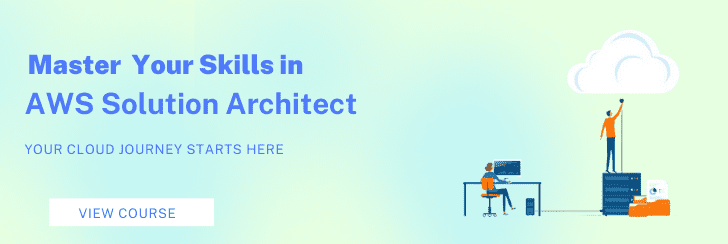
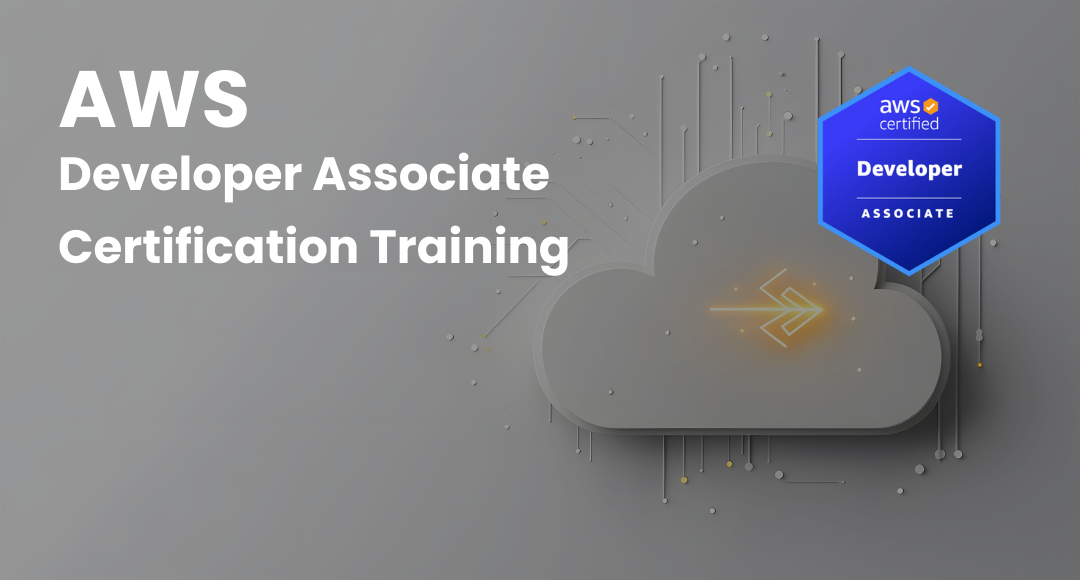
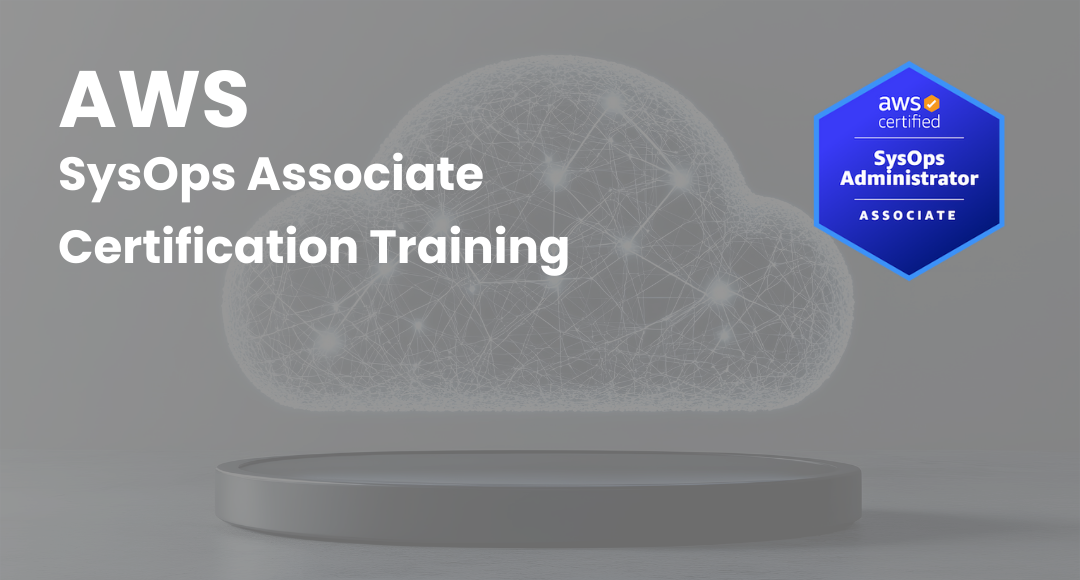
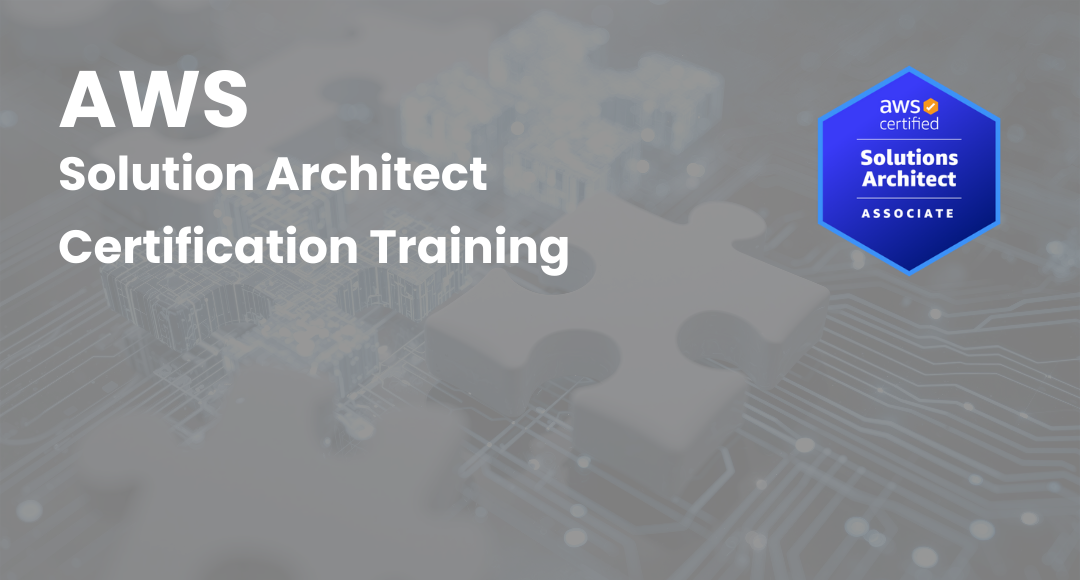
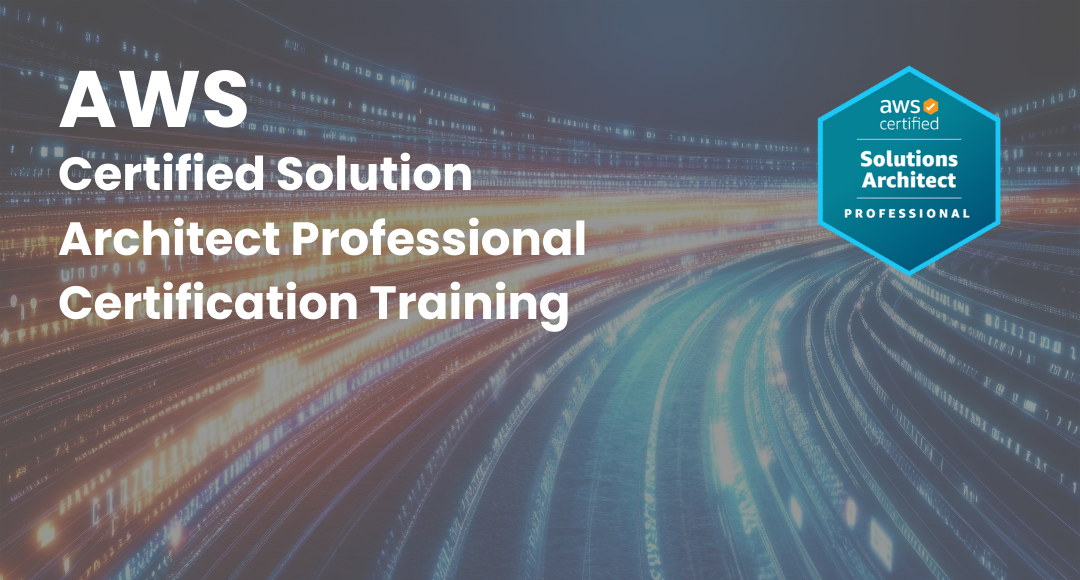
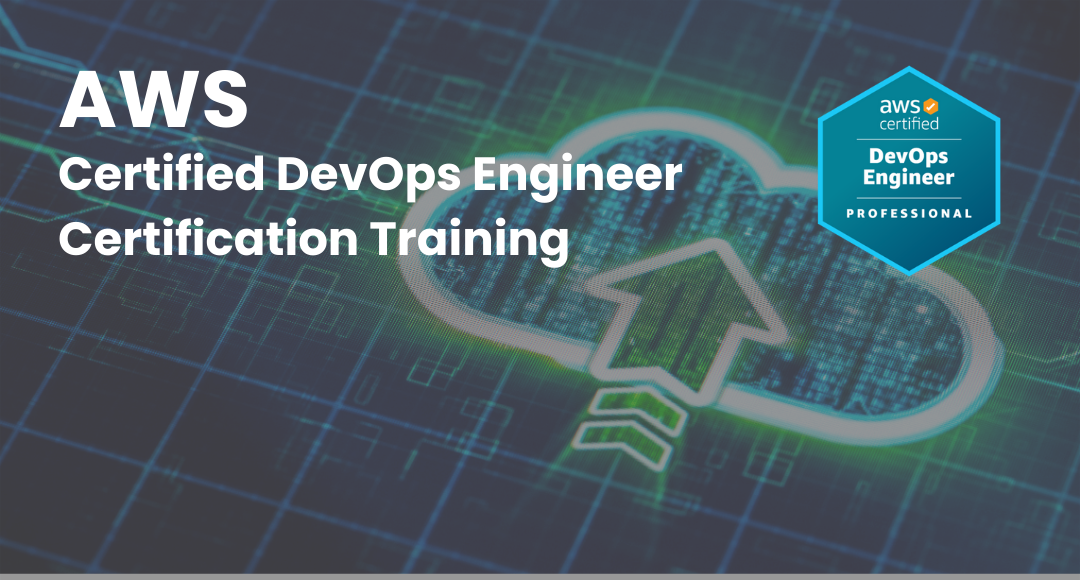
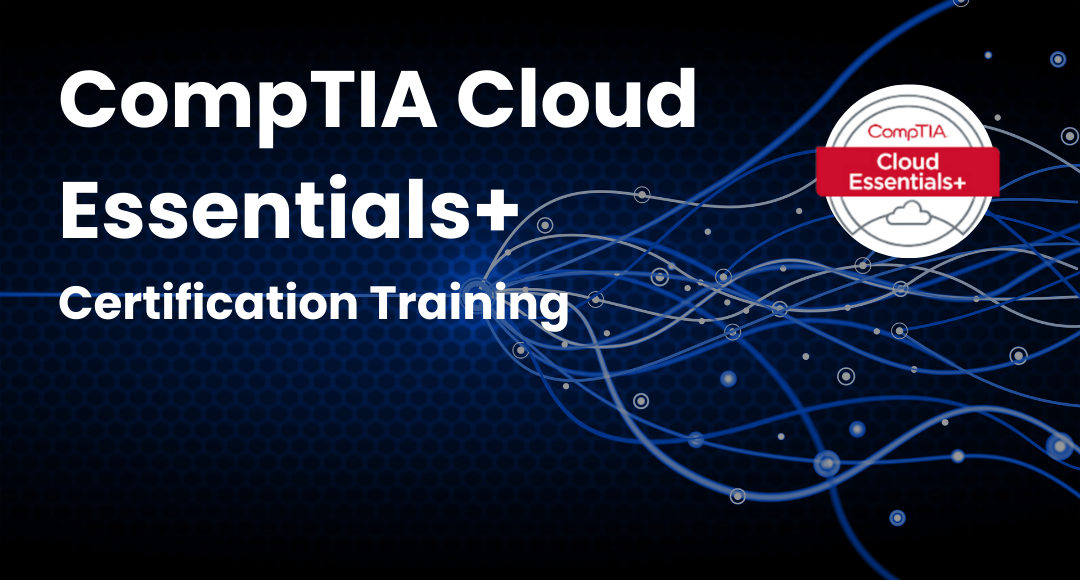
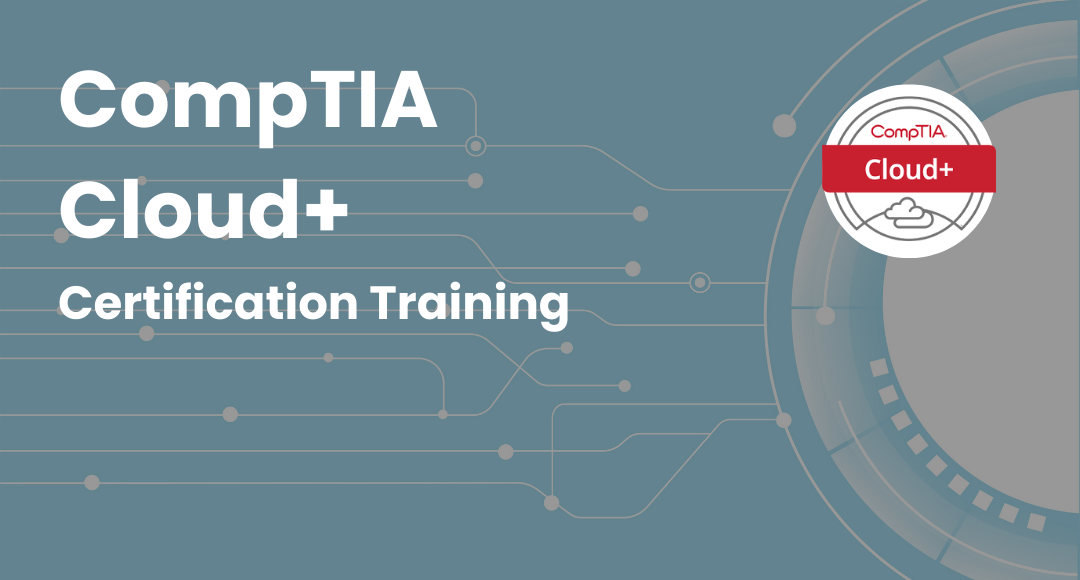
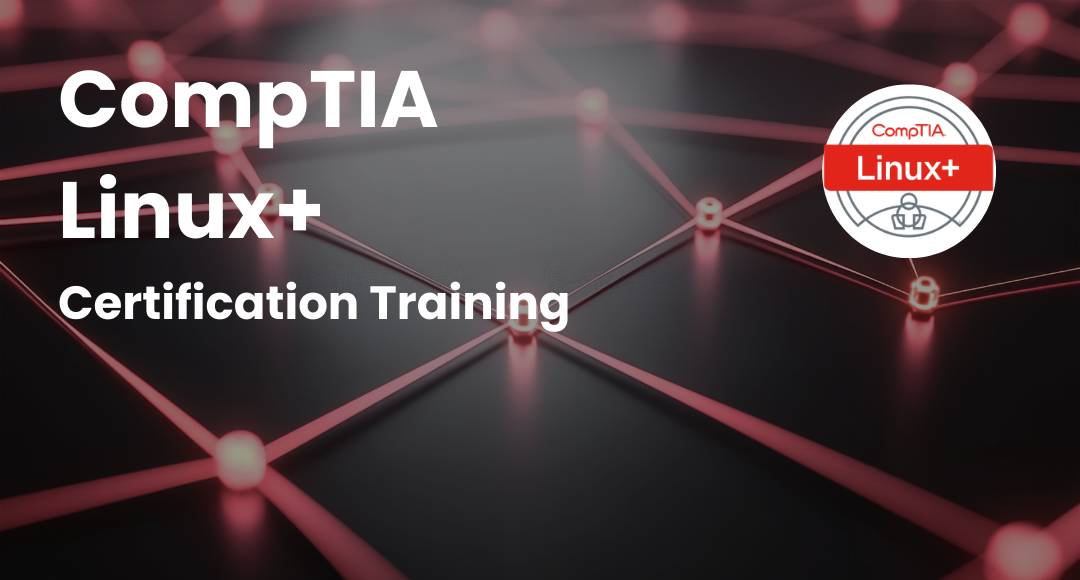
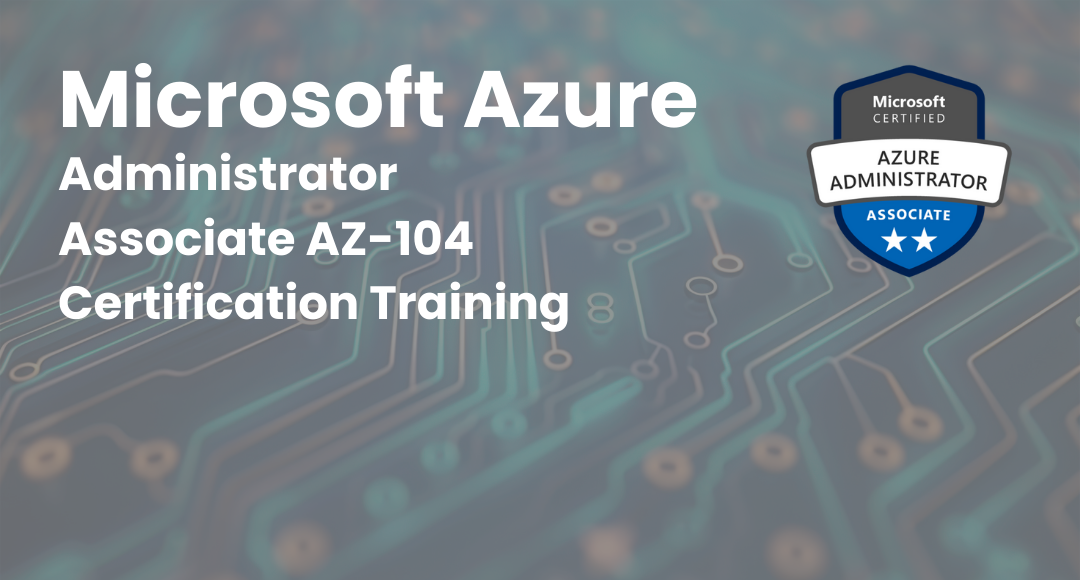
.png)
